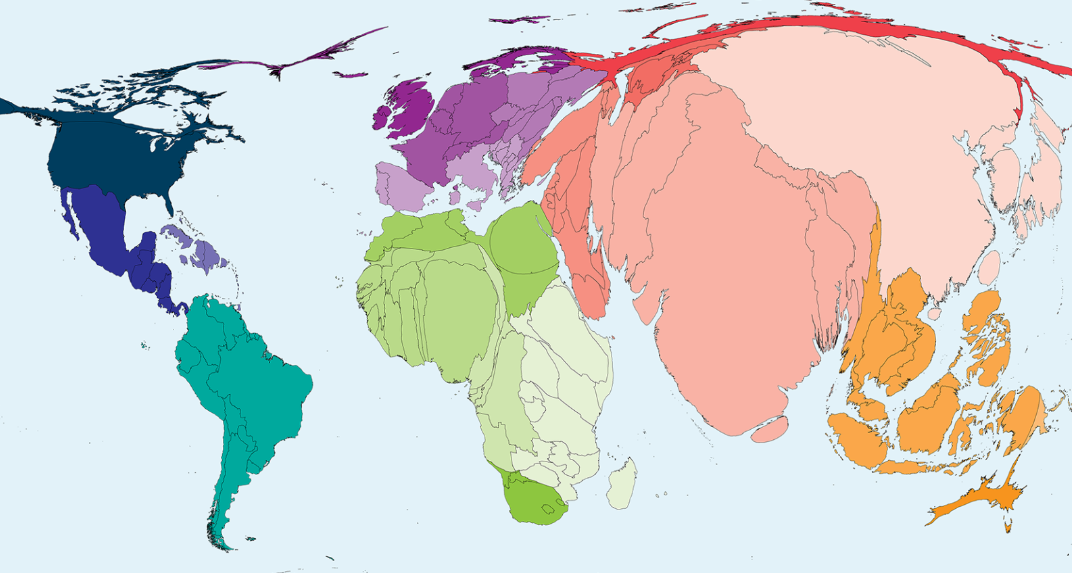By Lydia Trimble and Maisie Krisson, Cohort 51 Trainee Clinical Psychologists, and Laura Simonds, Senior Lecturer, PsychD Clinical Programme
Background to the project…
The PsychD clinical psychology programme commissioned this service-related project as part of its ongoing work towards decolonising the curriculum. The project was the second phase of an ongoing effort to locate more diverse resources for practice and research within clinical psychology. The first phase involved an audit of author demographics on the PsychD essential reading lists. This audit found that most authors were categorised as white, cis-gendered males who produced research and outputs in Europe and North America. Three particular issues contribute to this lack of diversity of resources in our subject area: (1) The Global North view of self and psychology dominates current practice in clinical psychology in the UK; (2) Literature databases use approved terms (‘controlled vocabularies’) that are assigned to articles. Whilst there is now more awareness of inherent and historical bias in the creation of controlled vocabularies, biased and prejudiced terms persist in database vocabularies; and, (3) A bias towards more positive judgements of research produced in higher income versus lower income countries.
What we did…
We began by attending a half-day bespoke training organised and delivered by our library colleagues Catherine Batson and Erin Bloxsidge. This workshop focused on the process of locating resources from authors working in regions that might typically be excluded from our programme essential reading lists or used in research projects. After many discussions between us, we felt the appropriate next step for this project would be to provide a workshop to both staff and first year clinical psychology trainees, to share ways of accessing more diverse literature. The workshop was delivered in person to staff and first-year trainees separately and lasted between one to two hours. The workshop first acknowledged ways in which clinical psychology has been shaped by coloniality and highlighted how power and privilege has operated in terms of dominant and excluded narratives. It went on to show how algorithms reinforce privileged groups when searching for resources online. Below is one of the visuals we used to highlight publication bias in the Global North. The cartogram shows a geographic map with the size of the depicted countries/continents redrawn proportional to a specified metric (in this case, number of published scientific papers). The cartogram shows the distortion of countries/continents from their original geographical size when resized according to number of published scientific papers. For comparison, we show below it a second cartogram of population for 2022 (source: WorldMapper.com).


After this, the main part of the workshop included a live demonstration and practical exercise of using different database functions to find a broader range of literature. We focussed more time on Scopus given that it can display records by different geographic regions. This allows a visual representation of geographic bias in a particular topic area, and also offers the ability to select research and resources from typically under-represented voices and regions.
Workshop Evaluation…
Perhaps the most significant finding of note was that the majority of staff and trainees were unaware of the searching database tools covered in the workshop, or the functionality available in Scopus to consider research by geographic region. Most participants found the practical exercise in searching Scopus helpful. However, many felt the workshop was delivered too late in the year (April) and would have benefited from being a series of workshops rather than just one. Furthermore, the workshop did not cover grey literature which is another important way of accessing diverse and different perspectives.
Reflections and next steps…
We hope that others will take up this work and evaluate their reading lists on an annual basis. We also hope that staff and trainees will be minded to consider geographical representation of authors in their research projects and other scholarly work. Our project was time-limited, and we know there is much more that needs to be done (as a collective voice) to support decolonising the PsychD programme specifically. Decolonisation is an enormous endeavour and projects like this, whilst an important start, need consistent and collective effort to succeed. We encourage readers to look at the University’s broader initiatives and resources here: https://www.surrey.ac.uk/equality-diversity-and-inclusion/inclusive-education
It is important to highlight that the researchers all identified as white, cis-gendered females. Their identities and positions within the training programme will have influenced what they prioritised and how they conceived, designed, and delivered these workshops. We also want to highlight the value of working alongside each other and hope that, in the future, more trainees will be regularly volunteer to work on similar initiatives. We also want to highlight the support and expertise of our library services colleagues. We would encourage trainees and staff to book individual sessions with them as they have a wealth of knowledge to help in diversifying your literature!
